Throughout most of my life, particularly in adulthood, I have been trapped in a prison of perfection. You could say I wanted to ‘have it all’. I was striving for something impossible to achieve. And yet this unrealistic notion has kept me bound for many years. But the Lord has been doing a work in me, and the Holy Spirit is setting me free.
Influence of the world
We are constantly bombarded with images and narratives suggesting you can achieve perfection. The perfect face, the perfect body, the perfect partner, the perfect job, the perfect home. The list goes on and on. The thought or belief that perfection can somehow be achieved through our efforts is a lie.
Many of the people who present these images also live in a prison of perfection, hiding deep insecurities.
I think of the tragic stories of recent celebrities such as Caroline Flack and Mike Thalassitis. They were both associated with the popular TV show ‘Love Island’. Through the prism of social media, these individuals presented different pictures of what some may call ‘perfection’; however, their lives were sadly cut short through suicide.
Comparison and competition
You don’t even have to spend hours on social media to be impacted by the prison of perfection. You can come across it by just driving down a road. Materialism is the order of the day. We are constantly bombarded by messages that we need the latest one thing or another to feel complete. We are frequently compared and encouraged to compare. But comparison, as they say, is the thief of joy.
The Bible says that we should “not be conformed to this world, but be transformed by the renewal of your mind, that by testing you may discern what is the will of God, what is good and acceptable and perfect”. (Romans 12:2)
We live in an incredibly competitive world. World systems are based on competition and greed. This begins in education and continues through industry. We are encouraged to ‘climb the career ladder’ and ‘get to the top’. There’s nothing wrong with working hard; the Bible encourages it.
In Colossians 3:23-24 , we read, “Whatever you do, work heartily, as for the Lord and not for men, knowing that from the Lord you will receive the inheritance as your reward. You are serving the Lord Christ.” We should always strive for excellence, but I often think we mistake excellence for perfection.
Unhealthy competition
Growing up close to two older siblings meant a healthy competition level was among us. This competition mainly presented itself through school achievements, and sometimes through competing in our ‘good’ behaviour. A lack of encouragement towards one another and celebration of our accomplishments caused the healthy competition to become unhealthy.
The Bible tells us to “encourage one another and build one another up” (1 Thess 5:11). Although this passage in Thessalonians was an encouragement from the Apostle Paul to the early church at a time of suffering and persecution, it does suggest that there is power in encouraging others and building them up.
Self-reliance
Although my siblings and I grew up in a Christian home, none pursued a personal relationship with God. Being ‘churchgoers’, we needed to understand our true identity, which you find in Christ. We chased after an identity we could find within the world. We believed that we were in control of our success. From our teenage years and beyond, all three began to rely wholly on ourselves, distancing us from a relationship with God.
Self-reliance is rife in today’s society, and individualism has never been so apparent globally, leading to an erosion of community, where everyone is just looking after number one. When Jesus told us to “love your neighbour as yourself” (Matthew 22:39) ‘self-love’ was not the focus. Loving ourselves (being selfish) comes naturally to us. So, we are encouraged to direct this love towards others and consider them before our selfish desires.
In my life, pursuing perfection has driven me down the road of ‘self-reliance’, which is rooted in pride.
Perfectionists X pride
A perfectionist is “someone who has a personality that strives for flawlessness”. The definition says, “This is often accomplished through fixating on imperfections, trying to control situations, working hard, or being critical of the self or others.”
This definition describes who I became. Only when the Holy Spirit highlighted certain behaviours, revealing that comparisons resulted in jealousy and resentment, did I realise that these feelings were rooted in pride. The worst thing about it was that I didn’t see myself as a prideful person!
The definition of pride is “a feeling of deep pleasure or satisfaction derived from one’s own achievements.” I had to be the best. If I felt I wasn’t the best, I would feel threatened, leading to massive insecurities. This mainly manifested itself in a work context but wasn’t exclusive. I would feel hard done if someone got something I wanted before I had achieved it/bought it/received it.
Even though I had given my life to Christ, my security was not in Him; it was in myself and my limited ability to obtain things. I placed my ‘gifting’ above my ‘calling’.
The pride of self-reliance
Self-reliance is “reliance on one’s efforts and abilities”. When you rely on yourself, your efforts, and your ability, you are not relying on God. I had completely fallen into this trap, depending on my efforts and my own (minimal) wisdom. Self-reliance led to a severe lack of judgment, resulting in much hurt and pain in my life.
Before giving my life to Christ at the age of 26, I lived most of my adult life wholly reliant on my ability. So, when problems hit, it led to fear and anxiety of not being able to get me out of the unfavourable circumstances. By trusting in my ability, I built my house on the sand.
“And everyone who hears these words of mine and does not do them will be like a foolish man who built his house on the sand. And the rain fell, and the floods came, and the winds blew and beat against that house, and it fell, and great was the fall of it.” Matthew 7:26-27
Kingdom excellence, not perfectionism
Following my conversion, I started to attend a Bible-believing, Spirit-filled church. I was encouraged to read God’s word, not as a box-ticking exercise, but to hear from God and build a relationship with Him. This is when things started to change for me. I began to see myself in Christ, which meant that He was my worth, not my achievements or ability to impress someone.
In particular environments, mainly work contexts, the perfectionist in me would rear its ugly head. I would try to convince myself that I was striving for ‘kingdom excellence’, but I wasn’t. People’s opinions of my work became a litmus test for this. If they regarded the work positively, it was good (I was good enough); if they didn’t like it, I wasn’t good enough. This led to a lot of resentment and unforgiveness against people.
Man’s opinion
Not only was I keeping myself in a prison of perfection, but man’s opinion was one of the most significant factors in maintaining this stronghold. Many examples in the Bible exist where man’s opinion doesn’t match God’s. One example is when Samuel is sent to anoint the future King of Israel and sees Eliab, David’s brother.
The Bible tells us that Samuel “looked on Eliab and thought, “Surely the Lord’s anointed is before him.” But the Lord said to Samuel, “Do not look on his appearance or on the height of his stature, because I have rejected him. For the Lord sees not as man sees: man looks on the outward appearance, but the Lord looks on the heart.” 1 Samuel 16:6-7
Not too long after this, Eliab tries to shut down David’s enthusiasm on the front line when he is about to go against Goliath (1 Sam 17:28). God saw David’s faith and heart for Him, whereas man saw Eliab’s physique. When it came to the victory against Goliath, David’s confidence was in God’s ability, not his own, and so he won the battle.
The idol of man’s opinion
The Lord took time to work things out of me. Each time He revealed elements of pride in me, I would seek His forgiveness and allow the Holy Spirit to work in me. It wasn’t until a few years into this journey that I recognised a considerable part of the problem was that I had made man’s opinion into an idol.
This idolatry was deeply rooted in me, tracing back to my upbringing. Longing for affirmation, I sought it through works. I would compete with family members, friends and even colleagues to get an acknowledgement that would make me feel better about myself.
I valued man’s opinion above what God had to say about me. Therefore, man’s view had taken God’s place in my life.
Throughout the Bible, we are warned against idolatry. An idol is any object, desire, person or activity that plays the role of God in your life, either by its promises, its demand of worship or its control.
The real breakthrough came when I realised that man’s opinion was an idol to me, and I needed to repent and make changes in my life to guard myself against allowing this to be my reality.
God’s opinion
After this revelation, in the same year, we began a preaching series at the church I attend on ‘Idols’. I was so grateful to God that He had already started working on me. He had delivered me from many identified issues.
The litmus test this time was going through the sermon series. I recognised that man’s opinion had been an idol for me and that God wanted me to be delivered. The Lord was bringing me into a fresh understanding of who He is and my life in Him.
The Bible says that we “are precious” in God’s eyes (Isa 43:4). That God loves us “with an everlasting love” (Jer 31:3). It also tells us that God “will not forget” us (Isa 49:15). We also know that “God shows his love for us in that while we were still sinners, Christ died for us” (Rom 5:8).
I needed to understand how God saw me and that my identity was not in my works but in Christ. Who freely gave me the gift of salvation. Therefore, no amount of striving would give me the most important thing I already have. Reconciliation to God through the death and resurrection of Jesus Christ.
I also needed to understand who God is. Understanding that through Christ, I now have access to the Holy Spirit.
Last year, God challenged me to “do things in His strength” I didn’t understand what this meant at the time. But since then, I can see that it was the start of His revelation to me this season.
Walking in a new freedom
As I write this post, I can honestly say that I cannot believe where I am now. When I look back on how things were, all I can do is praise God. He has brought me to this place of freedom; He has broken me out of a prison of perfection.
The scariest thing about it was that I could see a few issues on the surface, but the root had taken years to extract. As I said, I would not have considered myself a prideful person, but this was the cause.
I’m so grateful for what God has brought me through. I’m hoping that my story will encourage you, especially if there is anything that you are currently struggling with.
God is able, and freedom is on the other side of whatever you face.
God bless,
Sharon
